The challenges of winter demining
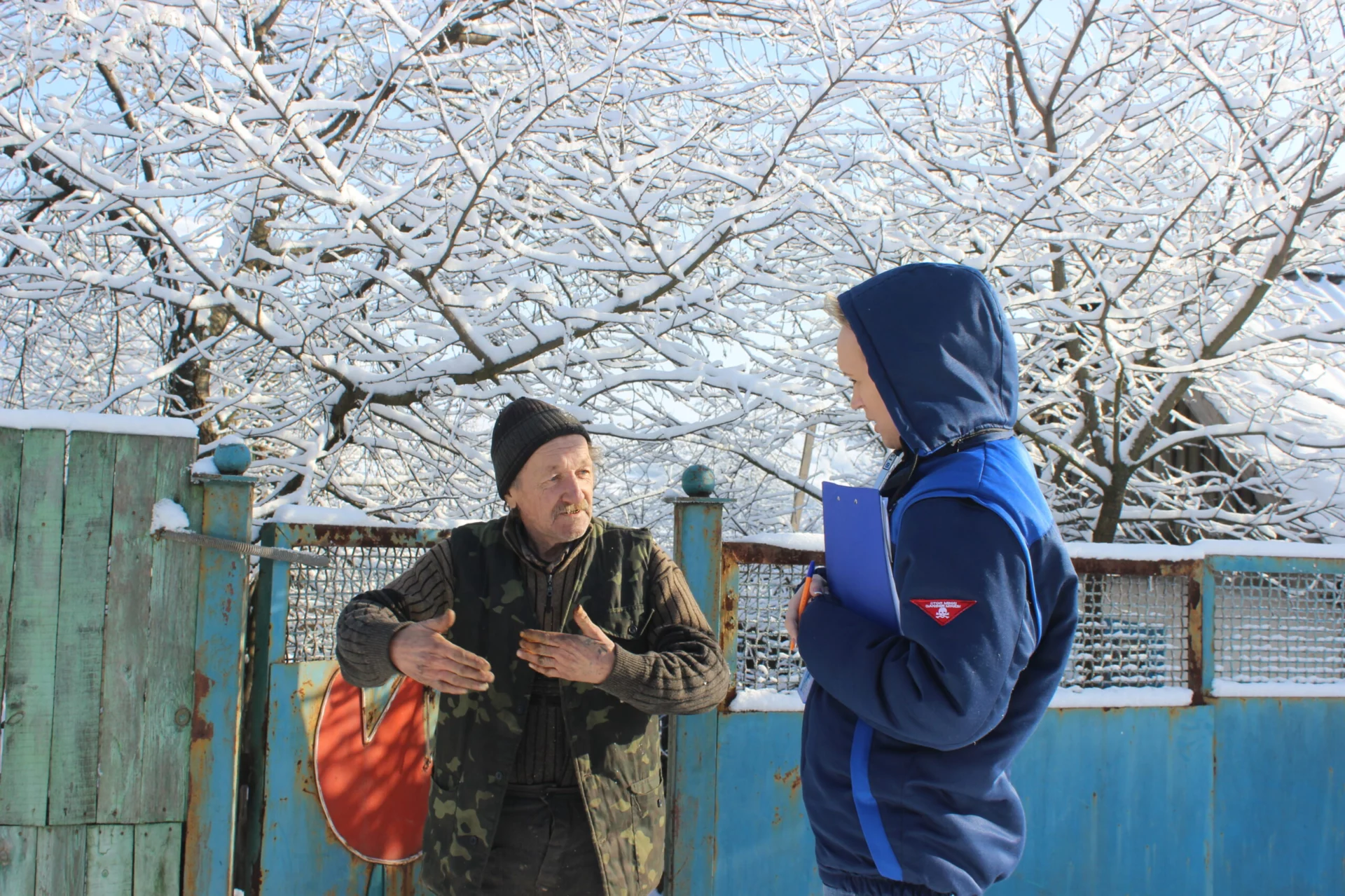
As the festive season approaches, FSD teams are taking measures to adapt to these conditions in order to continue, where posssble, to prevent accidents related to mines and unexploded ordnance. Some teams, however, have to pack up every winter.
For deminers, working in a thunderstorm or on a snow-covered field can lead to a hazardous situation. The arrival of winter is therefore a significant event. In Afghanistan, Iraq and Ukraine, FSD personnel are now starting winterization measures.
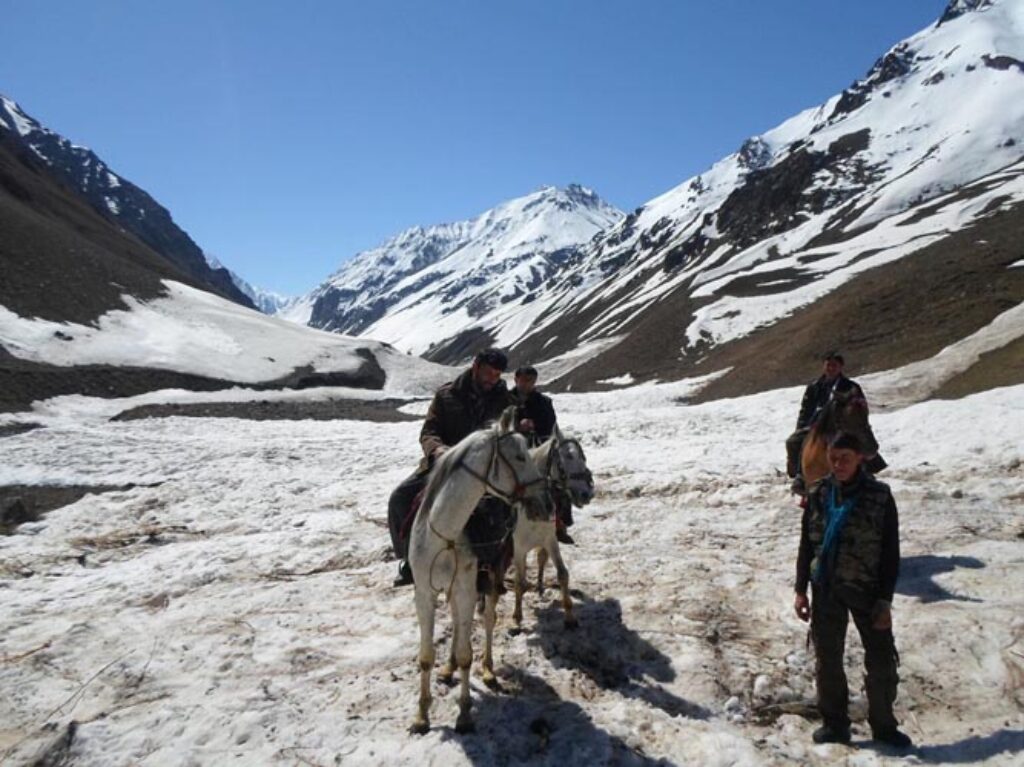
The winter landscape is most spectacular in the Pamir Mountains of Afghanistan. From mid-December, the mercury drops below zero and the minefields are sometimes covered with several meters of snow. It is therefore impossible to use metal detectors, which must be placed a few centimeters from the ground surface to operate. Even if the snow cover is thin and does not preclude the use of the detector, the ground is usually frozen, making the excavation of explosive devices very difficult and dangerous. In addition, most of the small roads used by deminers are impassable during this season. The Afghan deminers thus have no choice but to stop their activities until Spring. The temporary camps which serve as their bases are dismantled and the equipment brought back to the headquarters in Kalaikhum, in neighboring Tajikistan. The deminers will then take a well-deserved leave. At the end of January, the team leaders and part of the staff will return to Kalaikhum for a month-long refresher training period, then prepare the equipment before the resumption of clearance in March. Nonetheless, it is important to remain vigilant in the Spring , due to the frequent floods and landslides during this period.
In Iraq, snowflakes are rare, but winter brings cold temperatures, wind, fog and rain. Deminers, equipped with all-terrain vehicles, waterproof boots and warm clothing, can cope with a little drizzle. But the job becomes too dangerous when it rains heavily: the ground gets slippery, increasing the probability of a fall, and the tools are quickly covered with mud, hampering the precision of the maneuvers. The risk of lightning is also not negligible. There is no total shutdown of winter operations in Iraq, however: deminers simply stop when the weather is not favorable, and resume as soon as possible.
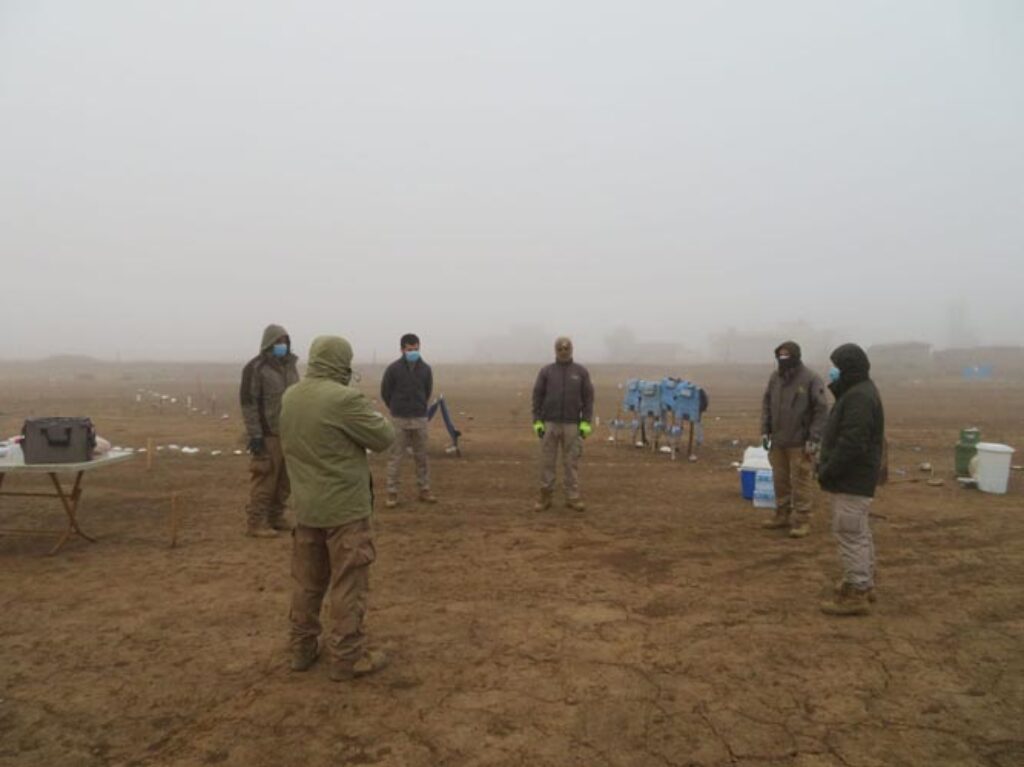
Our teams are experienced and well prepared for the cold season, but each year the wintering process reminds us that the most vulnerable people are hit hard by these harsh conditions. During this holiday season, let us take a moment to think about the courageous and challenging work of our teams in the field, as well as the populations facing war and the cold.
In Ukraine, winter arrives very early, sometimes already at the end of October. Between December and February, the temperature fluctuates between zero and minus ten degrees and the snowfall is significant. Similar to Afghanistan, this implies an annual suspension of operations for our deminers. If the roads are passable, however, explosive ordnance risk education and survey activities can continue.
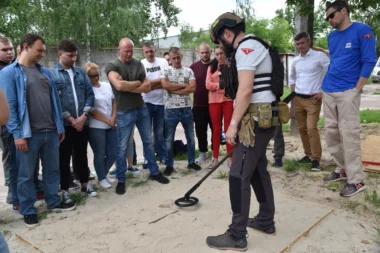
How to become deminer?
FSD’s deminers come from all walks of life: farmers, teachers, IT specialists and many others. Many have had their lives…
Humanitarian demining Iraq
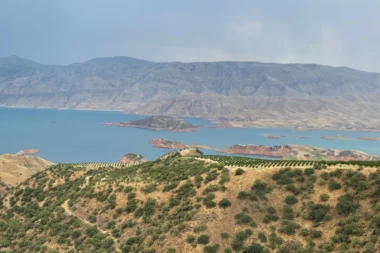
Tourist destinations still marked by the scars of war
In the world, nearly one in three countries remains contaminated by landmines and explosive remnants of war, particularly across much of South-East…
Landmines and explosive remnants Colombia Iraq Sri Lanka

Beyond demining: preparing to hand over the reins
Faced with this reality, FSD — with the support of Switzerland — is working on two fronts: clearing land today,…
Humanitarian demining Prevention and risk education Ukraine
